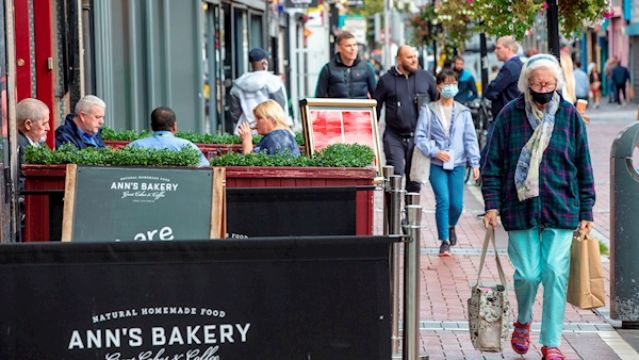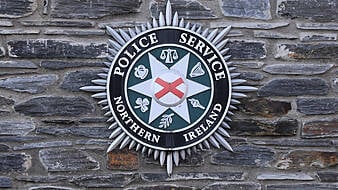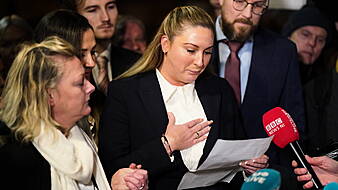There is now “the tiniest of windows to stop the virus growing," according to Chief Clinical Officer with the Health Service Executive (HSE) Dr Colm Henry.
The HSE's warning has been echoed by the National Public Health Emergency Team (Nphet), who have voiced concern that the current rate of hospital admissions due to Covid-19 is growing “exponentially”.
The number of people being treated for Covid-19 in intensive care reached its highest level since the start of June today, with 30 patients currently in intensive care units around the country and eight admissions in the last 24 hours.
Overall, there are 179 people currently hospitalised with the virus, in a jump of 20 from yesterday and the highest number of admissions since June 2nd.
Dr Henry told RTÉ radio’s Morning Ireland that there was funding for ICU beds, but that it was a system that needed trained experts.
The baseline for the number of beds was 256, he said. Funding needed to be secured to reach the target of 450 by the end of 2022.
Hospitals every winter were accustomed to dealing with surges and it was likely that the health service would experience individual pressure points rather than being overwhelmed, he said.
However, Dr Henry warned that the situation now was more difficult, as back in March and April during the first surge hospitals had “cleared the decks” but they were now providing other services.
Covid-19 levels in Northern Ireland were also a worry he said. They were “alarmingly high” and the capacity to control border areas was important: “We need an all island plan.”
Further restrictions
Professor Philip Nolan, chairman of Nphet’s modelling group, has said the number of Covid-19 patients in hospitals around the country is continually growing, with an average of 13 patients being admitted every day.
Prof Nolan said that admissions to intensive care units were also rising rapidly.
Sooner or later, we’re going to have to run up through those extra gears that have been built into our Covid management car, and we’re going to have to drive it fast and hard to really take it on a downward trajectory.
It comes as the total number of Covid-19 cases in Ireland reached 40,000 last night, after 506 new infections were confirmed.
UCC virus expert, Professor Gerry Killeen, said more restrictions will be needed to stop the recent upward trend.
“If the trajectory stays as it is, you know, there’s no reason why it wouldn’t be 1,000 cases a day by the end of the month, and there’s no reason that it wouldn’t just keep going up, 10,000 cases a day, those things can happen if we let them happen,” he said.
“Sooner or later, we’re going to have to run up through those extra gears that have been built into our Covid management car, and we’re going to have to drive it fast and hard to really take it on a downward trajectory.”
Dublin
It comes amid some hope that current Level 3 restrictions are having an effect in Dublin, as Covid-19 presentations to GPs have levelled off in the capital but are increasing in the rest of the country.
The new data comes from GP Buddy, which tracks the number of patients with symptoms attending doctors' surgeries.
Founder of the group Dr Shane McKeogh said: “Over the last two to three weeks, there’s been a slight levelling of the trajectory in Dublin of presentations to GPs, hopefully showing some effect of the Level 3 restrictions, and over the same time period there’s been an increase in the rest of the country.”
Globally, the number of Covid-19 cases reported hit a daily record yesterday. The World Health Organisation said there have been a further 338,779 infections confirmed.







